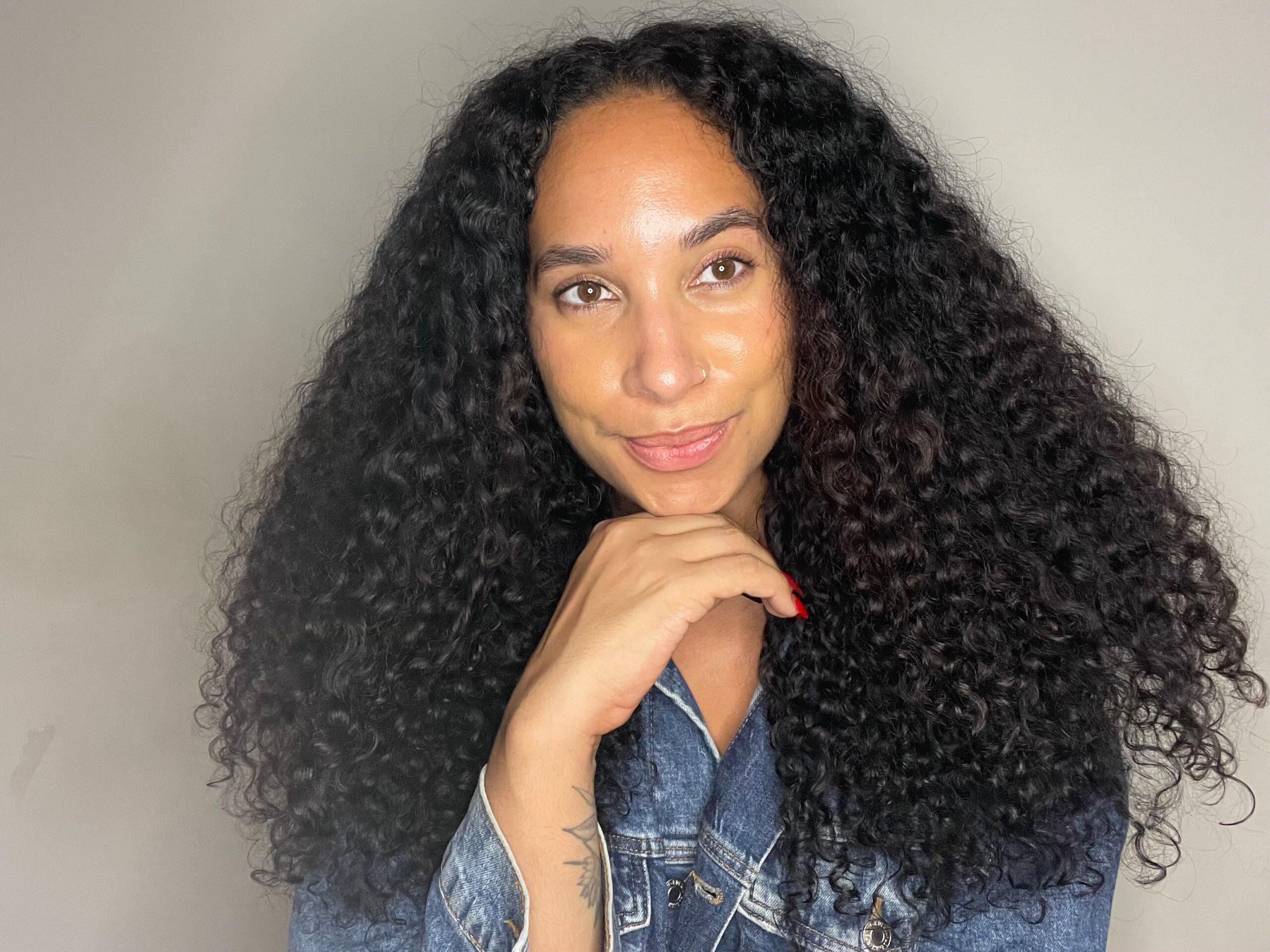Land The Job: ‘Thank You’ Note Tips To Stand Out From The Pack

If you’re knee-deep in the interview process, actively looking for new employment, or dipping your toe in the job pool (via networking), a thoughtful “Thank You” note can go a long way. The key is being intentional (and thoughtful) — from weaving in tidbits learned from building rapport to feedback provided during or after the interview process to stand out.
Overall, sending a short and simple, “Thank you for your time” message, is better than shooting your shot and leaving it [the job] up to the universe. In this article, we will highlight quick and easy tips for penning stellar “Thank You” notes to improve your job prospects.
Manners Matter

First and foremost, it’s important to “thank” your job prospects for their time. It’s no secret that the interview process can be long and daunting for any job seeker. The same goes for a potential employer — given the number of hours dedicated to vetting, speaking with, and narrowing down candidates. Put yourself in their shoes and let them know it does not go unnoticed. Bonus tip: Ideally, your “thank you” should be expressed in the first or second sentence.
Example: “Hello [name], I want to thank you for your time and consideration for the role of [role]. It was a pleasure meeting you and the members of your team. You have something special over at [company] and I look forward to learning more.”
Be Intentional

Don’t let yourself become another name in a database. Be intentional. What did you learn during the interview process that excited or resonated with you? This could pertain to something the interviewer mentioned about their personal life, while building rapport or the role itself. Weave these findings into your note to show you were fully present.
Example: “I was thrilled to learn that [company] has a variety of resource groups to ensure that employees are heard and seen. This is important to me because…”
Show Enthusiasm
When interviewing for a dream job or a temporary position, you should always communicate what the opportunity means to you. That said, be sincere. Employers want to see that a candidate is eager to join the team. Communicate this in your cover letter, during the interview, and in your follow-up to make it land. Don’t go overboard.
Example: “I was touched to learn that [company] partners with local charities. As a self-proclaimed [title] and long-time volunteer at [organization], I feel like this opportunity aligns perfectly with my skills and goals.”
Leave Them Wanting More
Since a company meets with dozens of candidates, it’s helpful to reach out and remind them why you are the right woman for the gig. Highlight your strengths and how you will add value to the job. Mention the company’s core values and how your beliefs overlap with the role. The goal is to leave them wanting more.






